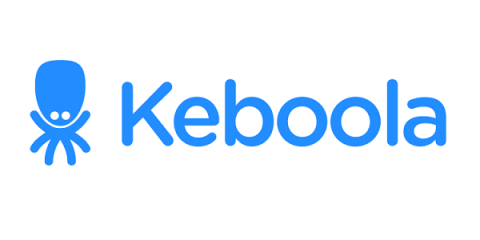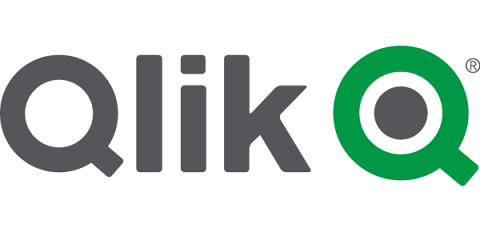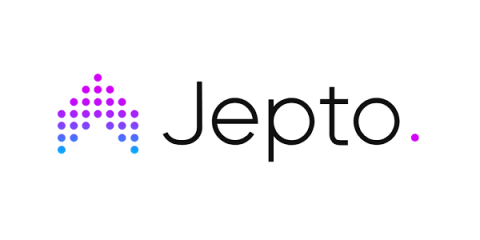Systems | Development | Analytics | API | Testing
Analytics
5 Stats That Show How Data-Driven Organizations Outperform Their Competition
Today, 90% of enterprise analytics and business professionals say that data and analytics are key to their organization’s digital transformation initiatives. However, there are many companies that are reluctant to pull the trigger because they aren’t sure about the advantages of becoming data-driven. In this article, we’ll look at 5 statistics that show how becoming a data-driven business can help you outdo your competition.
Riding the frictionless wave with cloud-based apps
One of the most popular business buzz words du jour is ‘frictionless’. The term has been co-opted in recent years to describe the phenomenon of commercial processes which appear to work smoothly and effortlessly – on the customer side at least.
Time To Put on Our DataOps Lab Coat
Over the past several weeks, the term DataOps has reverberated throughout the walls of Hitachi Vantara offices around the world and soon it will take the spotlight at NEXT 2019, the world’s first smart conference. We’ve defined DataOps and how its changing the game by putting the right data into the hands of teams, when and where they need it most. We’ve also talked about Hitachi Vantara’s DataOps journey, Project Champagne.
Anscombe's Quartet
In this blog post I’m going to write about a famous piece in visualization history. How can we prove that a visualization is more worth than just looking at the data? That’s a question Francis Anscombe probably asked himself when he back in 1973 constructed the dataset that became known as Anscombe's quartet. A dataset he could use to show statisticians how wrong they were thinking that “numerical calculations are exact, but graphs are rough."
What is Anomaly detection and how to use it for Marketing
Businesses are collecting massive amounts of data as a part of their analytics pipeline. Most of the time, this data is filtered by a computer and presented in a way that a human interprets, through the analytics dashboard. That's a fantastic resource, and has no doubt been of great value to you in business decisions. However, restricting the interpretation of all that data that you've mined to humans leaves a lot of potential insights on the table.
9 top trends that are driving AI and software investments
IT and data leaders are constantly challenged to keep up with new trends in emerging and disruptive technologies, and to determine how each can best aid the organization. In the midst of all the changes going on in 2019, it gets increasingly hard to know where to invest in all this new technology. To help add clarity, here are my thoughts on some of the most important trends that will shape data management and software development for the next couple of years.
How next-gen DI works
Data integration in the ‘Age of Digital’ brings in need for ETL development to happen at the ‘Speed of Business’ rather than at ‘IT Speed’. Data integration layer is the important ‘glue’ between the user engagement apps in the EDGE and the systems of record at the CORE of IT landscape. Application development for the Experience Layer happens at the ‘Speed of Business’ while changes in Integration Layer move at ‘IT Speed’.
How high-performing teams use automation to focus on work that drives insights and revenue
A step-by-step guide to automate your data pipeline and get back time for high value work.
Have you checked out Talend's 2019 summer release yet?
Have you had a chance to take a look at Talend’s summer 2019 product release? Our 2019 release has some exciting features that not only will help improve your productivity but will help you scale data projects across your organization. We are all about helping you do your work faster, and we think you’ll find the new features in this latest product release pretty great.








